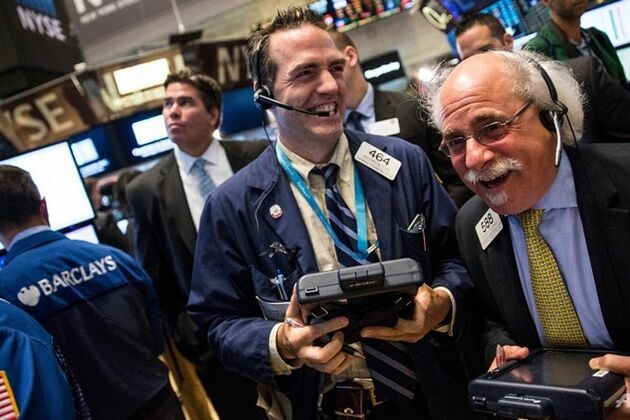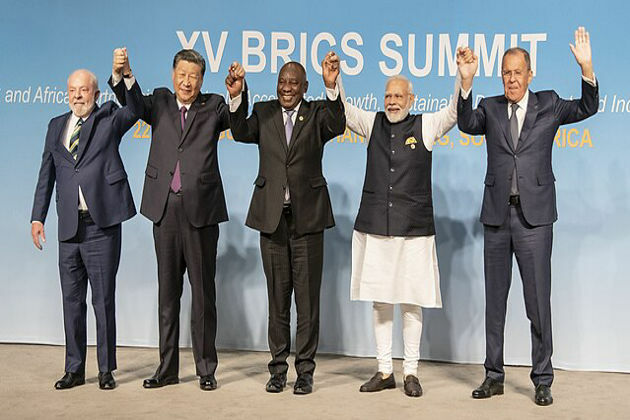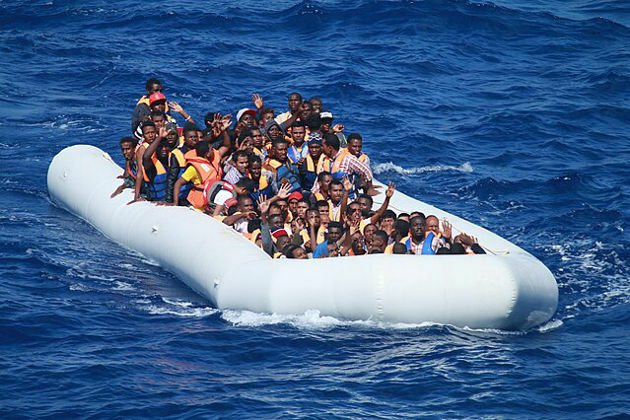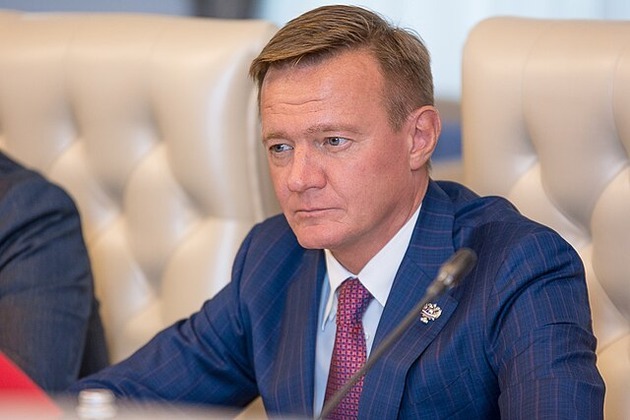Why the EU's economic engine is breaking down
RT.com
27 May 2023, 11:45 GMT+10
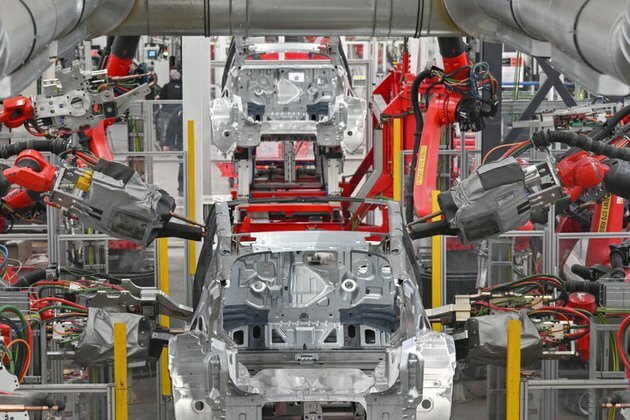
The energy-dependent German economy has been in decline since losing cheap Russian oil and gas
The German economy, once Europe's roaring engine of growth, slipped into recession in early 2023 amid runaway inflation, the national statistics office revealed this week. GDP data is reportedly showing surprisingly negative signals, with the economy losing the potential for growth. RT looks at the challenges facing the EU's economic powerhouse.
Post-pandemic supply-chain problems and trade disputes, along with the energy crisis and aggressive monetary policy tightening, have all placed a strain on the export-oriented German economy. Industrial production has stalled amid geopolitical tensions, supply bottlenecks, and a shift to green energy. That was followed by a drop in purchasing power and diminished industrial orders.
The most important issue for the government is to sustainably serve the energy needs of the country's industrial base amid the green transition. Germany is one of the world's leading industrial nations and manufacturing accounts for about a fifth of the economy, which for decades relied on cheap Russian energy to grow.
Among EU members, Germany has been the hardest hit by the side effects of Western sanctions on Russia, as flows of Russian natural gas have dwindled significantly. The sabotage on the Nord Stream pipeline, one of the main routes for Russian gas to Europe, has added to the woes. As a result, Germany no longer receives gas directly from Russia, having previously imported more than 50% of its blue fuel from the country. Meanwhile, European wholesale energy prices reached unprecedented levels in 2022 as a result of sanctions on Russia, prompting fears of deindustrialization, particularly in Germany.
As a hub for industry, Germany is facing huge technological and political challenges. A lack of qualified workers is another major problem, forcing Berlin to further liberalize immigration. A recent study by the German Economy Institute showed that industries had more than 630,000 open vacancies for qualified workers they could not fill in 2022, up from 280,000 a year before.
German manufacturers have been struggling to produce cars and factory equipment because of parts and labor shortages, as well as surging energy prices. Moreover, they are being forced to invest hundreds of billions of euros over the coming years to meet the bloc's new clean-energy standards. The nation's automotive industry, by far the biggest in Europe, used to support hundreds of thousands German jobs and account for over 20% of the nation's overall economic output. However, demand for German cars has been in decline amid the global shift toward electric vehicles.
Economists are predicting that the industrial sector, which has been the pillar of the German economy, will remain stagnant this year instead of the hoped-for recovery, dampening the prospects of an economic resurgence. The outlook is grim as the transition to affordable renewable power could still take years, experts claim.
The German economy, formerly a reliable engine for pulling the European Union out of crises, has turned into its weak link. Economists see German growth lagging behind the rest of the region for years to come, while the International Monetary Fund has forecast it will be the worst-performing G7 economy this year.
For more stories on economy & finance visit RT's business section
(RT.com)
 Share
Share
 Tweet
Tweet
 Share
Share
 Flip
Flip
 Email
Email
Watch latest videos
Subscribe and Follow
Get a daily dose of Taiwan Sun news through our daily email, its complimentary and keeps you fully up to date with world and business news as well.
News RELEASES
Publish news of your business, community or sports group, personnel appointments, major event and more by submitting a news release to Taiwan Sun.
More InformationBusiness
SectionGold ETF inflows hit 5-year high as tariffs drive safe-haven bets
LONDON, U.K.: Physically backed gold exchange-traded funds recorded their most significant semi-annual inflow since the first half...
PwC: Copper shortages may disrupt 32 percent of chip output by 2035
AMSTERDAM, Netherlands: Some 32 percent of global semiconductor production could face climate change-related copper supply disruptions...
U.S. stocks recover after Trump-tariffs-induced slump
NEW YORK, New York - U.S. stocks rebounded Tuesday with all the major indices gaining ground. Markets in the UK, Europe and Canada...
Stocks slide as Trump unveils 25% tariffs on Japan, S. Korea
NEW YORK CITY, New York: Financial markets kicked off the week on a cautious note as President Donald Trump rolled out a fresh round...
BRICS issues rebuke on trade and Iran, avoids direct US criticism
RIO DE JANEIRO, Brazil: At a two-day summit over the weekend, the BRICS bloc of emerging economies issued a joint declaration condemning...
BP appoints ex-Shell finance chief Simon Henry to board
LONDON, U.K.: This week, BP appointed Simon Henry, former Shell finance chief, to its board as a non-executive director effective September...
International
SectionTravelers can now keep shoes on at TSA checkpoints
WASHINGTON, D.C.: Travelers at U.S. airports will no longer need to remove their shoes during security screenings, Department of Homeland...
Rubio impersonator used AI to reach officials via Signal: cable
WASHINGTON, D.C.: An elaborate impersonation scheme involving artificial intelligence targeted senior U.S. and foreign officials in...
Warsaw responds to migration pressure with new border controls
SLUBICE, Poland: Poland reinstated border controls with Germany and Lithuania on July 7, following Germany's earlier reintroduction...
Deadly July 4 flash floods renew alarm over NWS staffing shortages
WASHINGTON, D.C.: After months of warnings from former federal officials and weather experts, the deadly flash floods that struck the...
Putin fires transport chief, later found dead in suspected suicide
MOSCOW, Russia: Just hours after his sudden dismissal by President Vladimir Putin, Russia's former transport minister, Roman Starovoit,...
Thousands gather in Himalayas as Dalai Lama celebrates 90th birthday
DHARAMSHALA, India: The Dalai Lama turned 90 on July 6, celebrated by thousands of followers in the Himalayan town of Dharamshala,...



